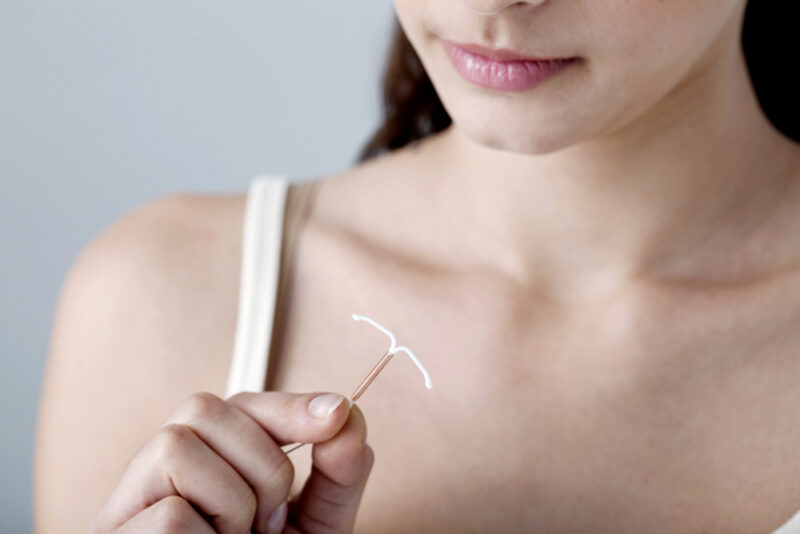Birth Control Options: IUD
IUDs are becoming an increasingly popular birth control option for many women. If you want a reliable, long-term birth control option, an IUD might be the right choice for you–but what exactly is an IUD? How does it work? What are the different types available, and what are the potential side effects? In this blog post, we’ll provide a comprehensive guide to everything you need to know about IUDs.
Looking for a reliable doctor to help you find the right contraceptive option for your needs? Schedule an appointment at Walnut Lake OBGYN & Wellness in West Bloomfield, MI, today!
What are IUDs?
An IUD (intrauterine device) is a small, T-shaped device inserted into the uterus to prevent pregnancy. There are two types of IUDs: hormonal and non-hormonal. Hormonal IUDs release a small amount of progestin into the uterus, which thickens the cervical mucus and thins the lining of the uterus, making it harder for sperm to reach and fertilize an egg. Non-hormonal IUDs are wrapped in copper, which creates an environment that is toxic to sperm and prevents fertilization.
How Do IUDs Work?
IUDs prevent pregnancy by three main mechanisms:
- Thickening of cervical mucus: This makes it difficult for sperm to enter the uterus and reach the egg.
- Thinning of the uterine lining: This makes it less likely that an egg will implant in the uterus.
- Toxicity to sperm: Copper IUDs release copper ions, which are toxic to sperm and prevent fertilization.
Who Should Consider an IUD?
IUDs are a good option for women who want long-term birth control that is highly effective and easy to use. They are also a good option for women who have difficulty remembering to take a daily pill or cannot use hormonal birth control due to health reasons.
However, there are some situations where an IUD may not be recommended. For example, women at high risk for sexually transmitted infections may be advised to use a different form of birth control. Additionally, women with certain medical conditions, such as uterine abnormalities, may not be good candidates for an IUD.
Different Types of IUDs We Offer
Walnut Lake OBGYN & Wellness currently offers two varieties of IUDs:
Mirena
Mirena® is a hormonal IUD that can last up to 7 years. It releases a low dose of progestin and is over 99% effective in preventing pregnancy. It is also used for decreasing heavy, painful periods.
PARAGARD
PARAGARD is a long-acting pregnancy device placed in the uterus that prevents pregnancy for up to 10 years. It’s a copper-releasing device, which enhances its effectiveness of interfering with sperm movement & egg fertilization, and possibly prevents implantation. PARAGARD is hormone-free, which means you’ll keep your menstrual cycle. If you decide you want to get pregnant, you can start as soon as PARAGARD is removed.
Potential Side Effects of IUDs
While IUDs are generally safe and effective, there are potential side effects that you should be aware of. These include:
- Cramping and discomfort during and after insertion
- Irregular bleeding or spotting
- Expulsion of the IUD
- Perforation of the uterus (a rare but serious complication)
- Infection (also rare)
It’s important to discuss these potential side effects with your OB/GYN and to monitor your symptoms after getting an IUD.
Get in Touch with Walnut Lake OBGYN & Wellness
With the right care and attention, an IUD can be a safe, effective, and convenient form of birth control for many women. If you’re considering an IUD as a form of birth control, it’s important to discuss your options with your OB/GYN. We can help you choose the right type of IUD for your individual needs and provide guidance on potential side effects and monitoring.
Contact Walnut Lake OBGYN & Wellness in West Bloomfield, MI, to schedule an appointment with your doctor and determine if an IUD is right for you.

